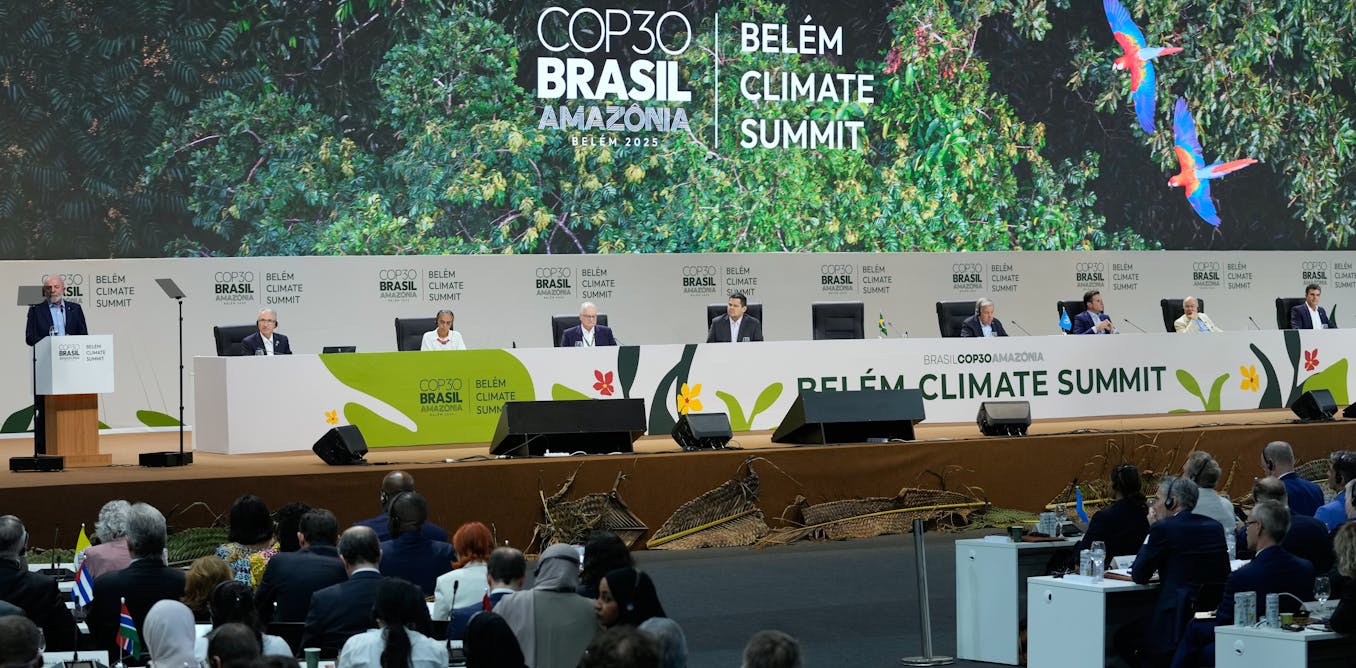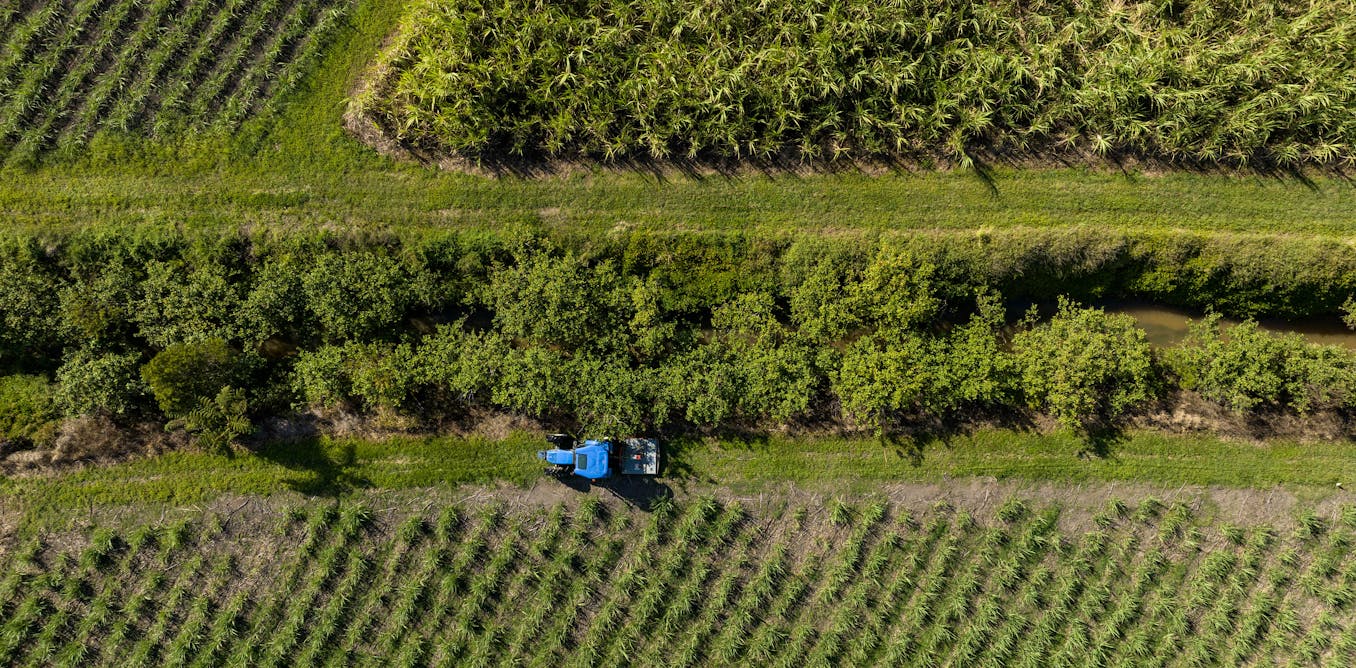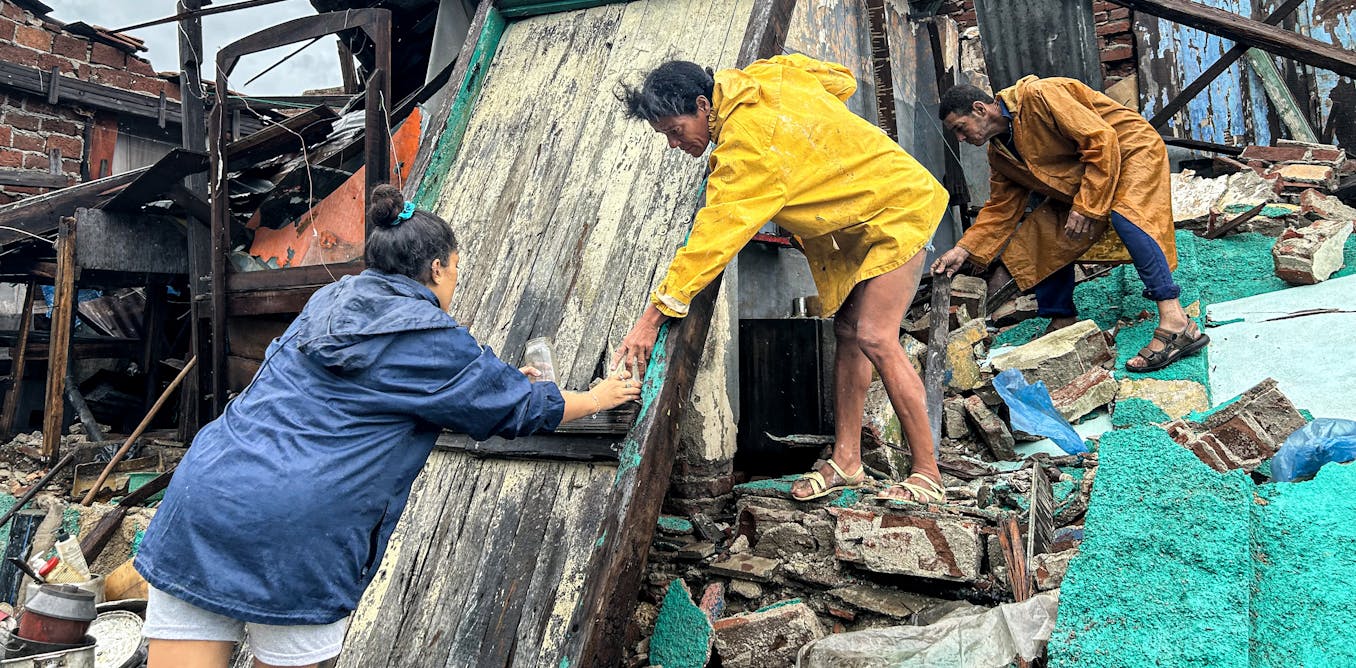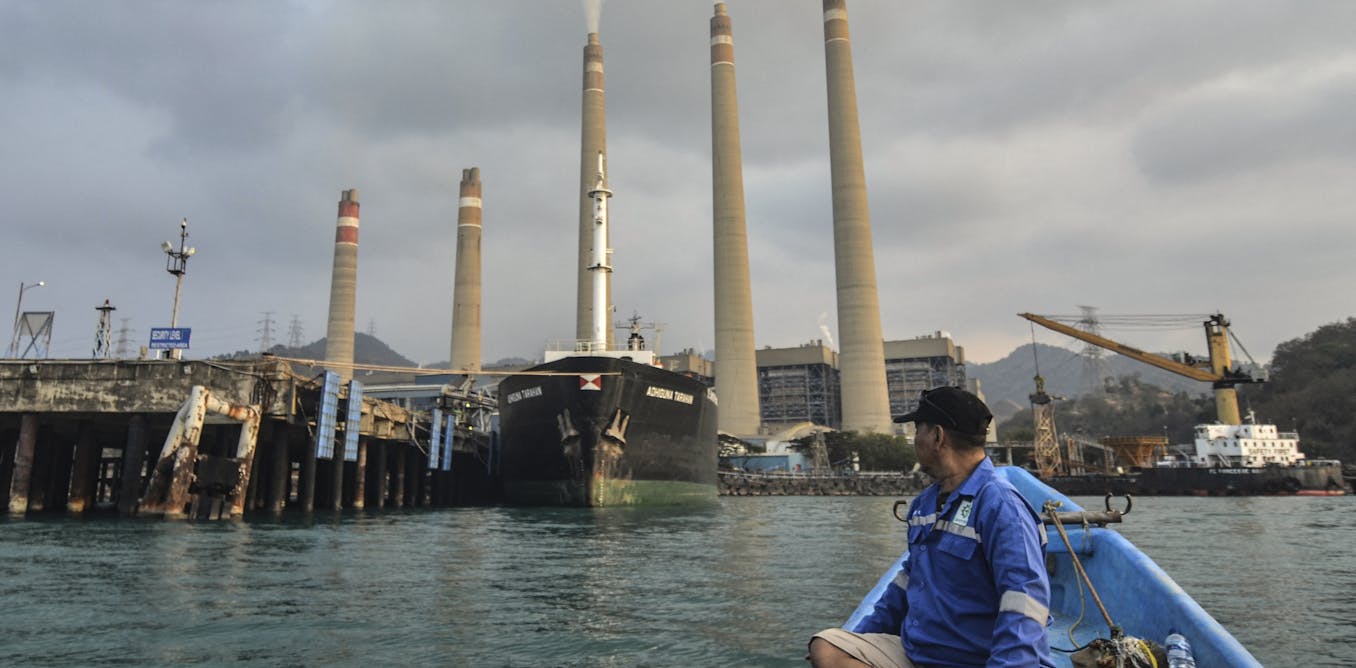Doha Attack Explained: The Fallout of Israel’s Airstrike and Global Reactions
The recent airstrike in Doha, carried out by Israeli forces, has sent shockwaves through the Middle East, marking a dramatic escalation in regional tensions. The missile strikes targeted a villa in Qatar’s capital, resulting in the deaths of prominent Hamas leaders and a Qatari officer. This bold move has sparked outrage from Qatar, which is now holding Israeli Prime Minister Benjamin Netanyahu accountable for what it describes as a flagrant violation of its sovereignty and a destructive interruption of fragile ceasefire talks.
Qatar’s Accusations Against Netanyahu
In a swift response to the airstrike, Qatari officials condemned the actions as a blatant disregard for international norms. They argue that the attack not only undermines regional stability but also jeopardizes ongoing diplomatic efforts aimed at reducing hostilities between Israel and Hamas. Qatar, known for its role as a mediator in Middle Eastern conflicts, is particularly alarmed at the implications for peace talks that have been underway.
Qatari officials have called for urgent international intervention, urging global powers to hold Israel accountable for its actions. The strike has not only angered the Qatari government but has also prompted widespread condemnation from various Middle Eastern nations, indicating a possible shift in alliances and responses in the region.
India’s Position in the Crisis
As tensions rise, India’s stance becomes increasingly important on the global stage. Historically a supporter of Palestinian rights, India is now faced with the complex dynamics of its relationship with Israel alongside its long-standing commitment to Arab nations. The Indian government’s response to the attack, and its implications for relations with both Qatar and Israel, will be closely watched.
Prime Minister Narendra Modi’s administration may need to walk a tightrope—balancing its strategic partnership with Israel against its ties with Gulf nations, particularly as India has significant geopolitical interests in the region. Analysts suggest that India’s response could range from a call for restraint and dialogue to a reaffirmation of its support for Palestinian self-determination.
Understanding the Broader Implications
The Doha attack is a critical flashpoint that could reshape alliances and influence the geopolitical landscape of the Middle East. With Qatar accusing Israel of undermining its sovereignty, and with India’s interests at stake, the situation warrants close monitoring. The implications of this confrontation will likely extend beyond the immediate victims of the airstrike, potentially affecting trade, security, and diplomatic relations in a region already fraught with conflict.
As the world holds its breath, the next steps taken by regional powers and global stakeholders will be pivotal in determining whether this crisis escalates further or paves the way for renewed dialogue and peace efforts.
Stay tuned for in-depth analysis and updates as this situation continues to unfold.
Watch the video by The Free Press Journal
Video “Doha Attack Explained: Why Qatar Blames Netanyahu & India’s Big Stand” was uploaded on 09/11/2025 to Youtube Channel The Free Press Journal



































Pakistan will hit India again
India will hit again with Parkistan
India is in Israeli camp
Now katar say it is violations of souveringiti ….what about israel iran lebanon yemen siria they all violate israel souvrengiti stop talk bullshit if hamas dontwant to listen at the good way then the only solution he those terorist had to feel it ay the hard way just simple like that …period
Shame on journalist for defending Israel India and Israel have no moral limits they are the fascist countries with no moral or ethical accountability
Who care about what India says?
🐷🐽
💩💩💩💩💩💩💩💩💩💩
Modi and Netanyahu work closely on arms deals, among other things, so all this yapping from him is just for show.
Et vs faites quoi des 60000 civils tues des villes détruites par un tyran fou et personne est capable de l’exterminer.
Qatar are just.tricks
If other countries leaders cannot protect their citizens, Israel is showing them the way,
QATAR is absorb that attack by israhell and do nothing, because is a usa puppet.
Netanyahu dont want to see the face of Hamas leaders because he will only remember the October 7 attack by Hamas 😡 that's simple it is😭
India wants to be an European nations. It will support whatever stands they take.
Trump is not thrilled because he expected the genocide of all the Palestinians.😂😂😂
Well, Qatar was sleeping with Israel and now they have been shown their worth.
Next time the emirs try anything smart, it will be their turn.
Qatar is the second biggest colonial Base of the United States of America.
Normally we born with a brain however some politicians grow with empty skull!!! Am I wrong?
Hypocrisy is alive and kicking with all these countries who are currently attacking other countries and or threatening other countries or killing their own people yet still talking about violations 😡
The Hamas leader wasn't killed in the Doha IDF attack, but the son of the Hamas leader was killed, along with Qatari officials, the wife of the Host of the building that was attacked, along with other family members of the Host.
our India Host far right Israeli Finance minister All European Union sanctions that monsters and Our Government welcome him sign investment With him Aranlb state see they not said anything about this deal but there will be Consequences for us in Future